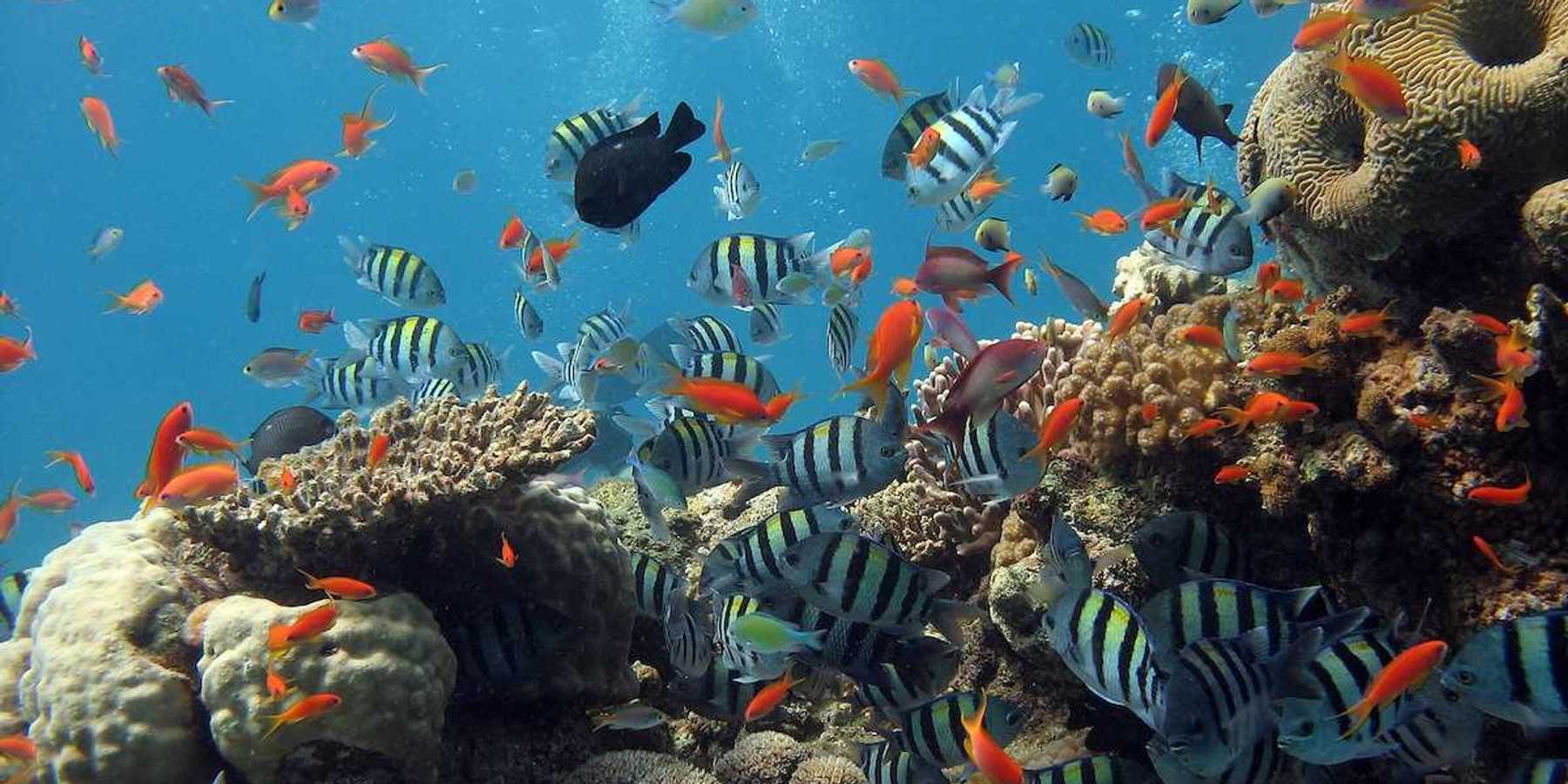Climate change alters life at Amazon's edge
In Brazil's Bailique Archipelago, rising ocean levels and river changes disrupt local life.
Rodrigo Pedroso and Rudja Santos report for Mongabay.
In short:
- Climate change and human activities are causing longer periods of salty water in Bailique, affecting the local economy and ecosystem.
- The region faces severe erosion, with landslides threatening homes and açaí palm trees, a key economic resource.
- Government efforts to address these challenges have been inadequate, leading to a decline in the population and worsening living conditions.
Key quote:
"It seems that nature is revolting, angry with us. I’ve been reading nature since I was a child, but I am no longer able to decipher it."
— Aurélio Marques, local boat pilot
Why this matters:
As sea levels rise, saltwater seeps into freshwater ecosystems, drastically altering the habitat. This intrusion not only affects the local flora and fauna but also the livelihoods of the inhabitants who depend on these ecosystems. Adaptations to sea level rise come with their own set of challenges and are often a testament to the resilience of these communities in the face of environmental change.
If put under the kind of environmental stress increasingly seen on our planet, large ecosystems —such as the Amazon rainforest or the Caribbean coral reefs—could collapse in just a few decades.













